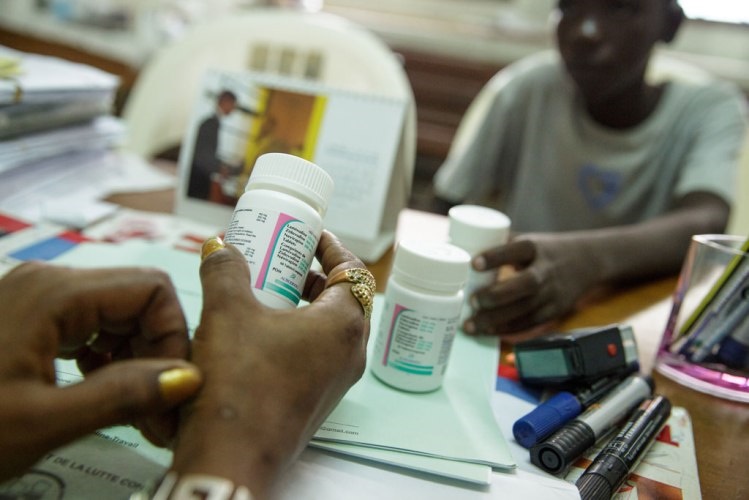Mozambican public sector wage bill to rise 3% in 2026 to €2.839 billion
Tete: More than 50,000 patients treated for AIDS

In file CoM
The province of Tete currently has more than 50,000 patients on antiretroviral treatment in the 100 health units across the region, with 350 of them losing their lives during the last ten months of the current year.
The provincial director of Health in Tete, Carla Mosse, said that his department was worried about the number of deaths resulting from treatment being abandoned, contrary to the institution’s defined goals.
“Our call is to join our efforts and win this battle together, advising families and friends suffering from this disease to continue with the treatment as far as possible. Our aim is to achieve zero deaths from HIV/Aids,” Mosse said.
He called on civil society, religious communities, employers and families to put more effort into eliminating the stigma of living with the disease, and supporting sufferers through productive and social activities.
At province level, more than 60 civil society organisations get state funds to strengthen community intervention capacity, supporting patients and minimizing drop-out rates.
“These associations are also helping to manage orphaned and vulnerable children infected with the disease so they do not give up treatment and continue to study, preparing for their future,” she said.
Mosse also advised young people to delay the beginning of their sexual lives, saying that no one gets sick by leaving sex for later.
“When they are adults, we advise girls to use the female condom to prevent illness and early pregnancy,” she said.
Carla Mosse called for boys’ closer adherence to the Ministry of Health’s male circumcision programme, which it recommends to reduce the risk of HIV/Aids contamination and other sexually transmitted diseases.
Circumcision, according to the Director of Health, is one of the internationally recognized means of HIV/Aids prevention, and the Tete provincial government intends to address its position as the least compliant in the country, with only 9.2 percent of men circumcised. Services would be expanded to more fixed posts, with mobile teams operating in communities.
“There is no doubt that we have made great strides in responding to the fight against HIV/Aids. In relation to access to antiretroviral treatment, it was previously necessary to walk more than 500 kilometers from Zumbu to the city, or more than 240 kilometers from Angónia, to get antiretroviral treatment at the only Day Hospital, which was in Tete,” he said
The province now has more than 100 hospitals offering treatment, with emphasis on the border areas where the new “Test and Treat” approach is being developed.













Leave a Reply
Be the First to Comment!
You must be logged in to post a comment.
You must be logged in to post a comment.